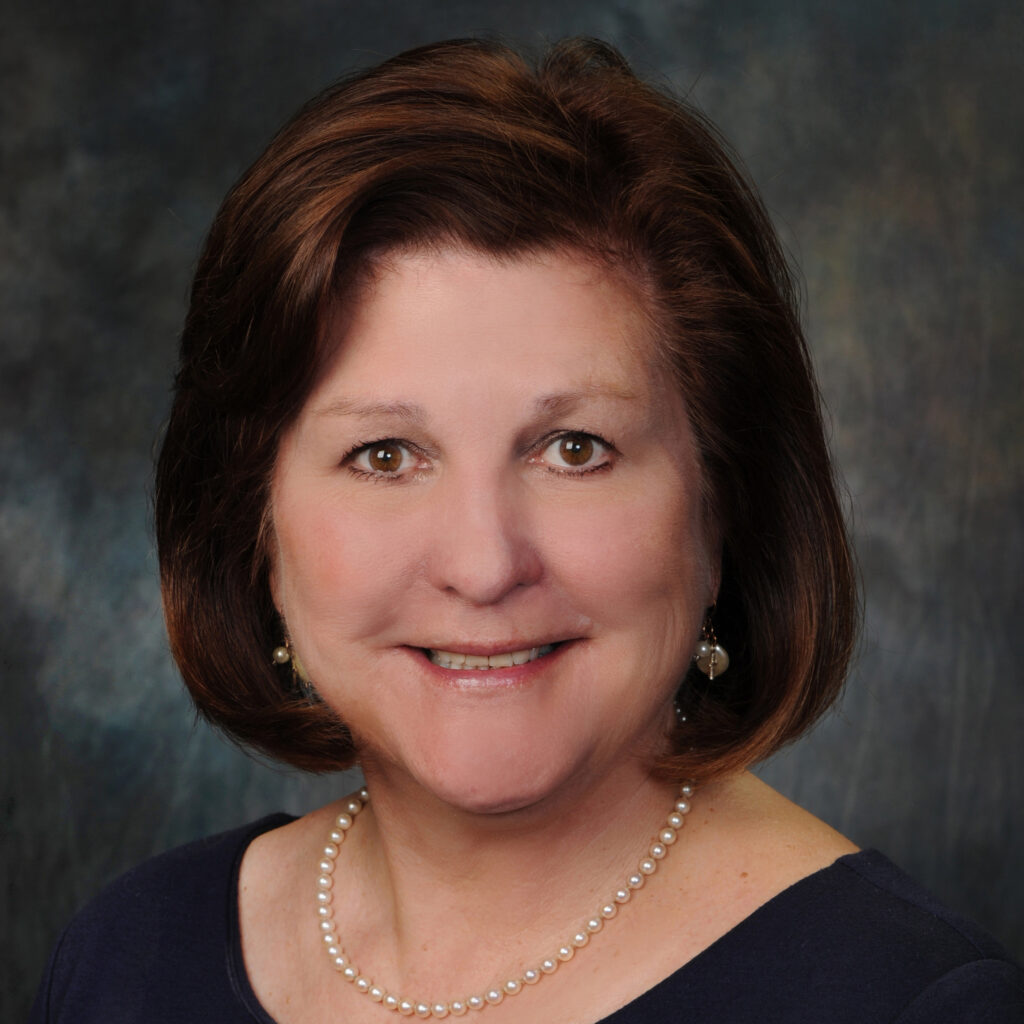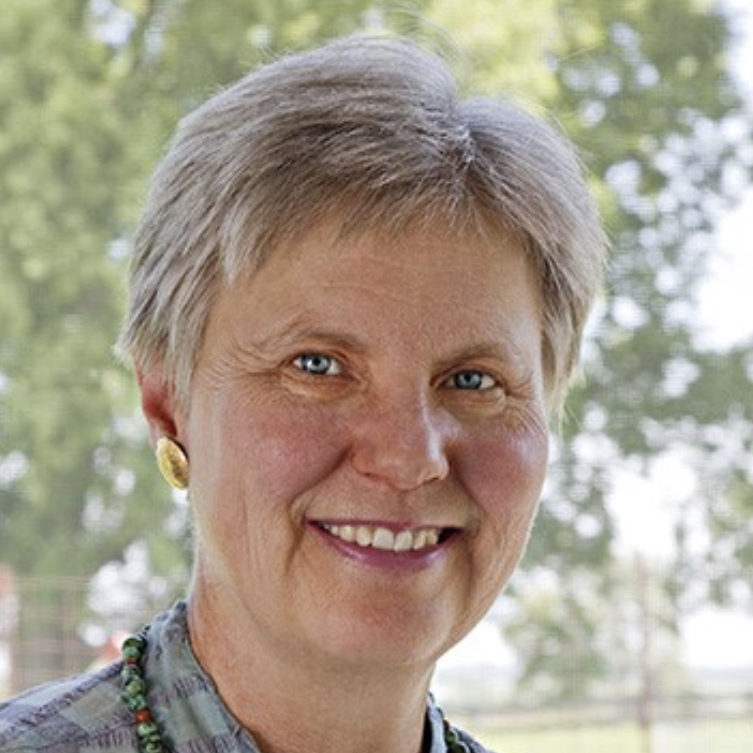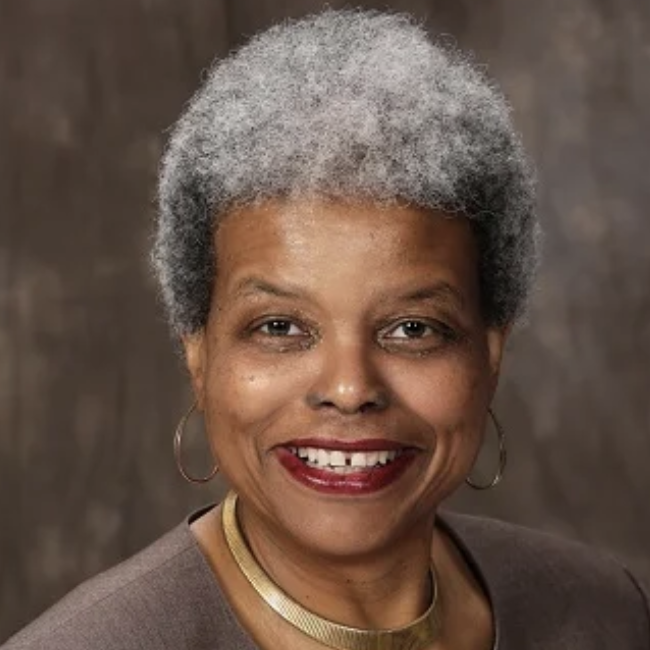Thoughts ahead of Fearless Focus event on leadership
By Emily Kestel
As part of last year’s Fearless Focus event on leadership, panelists talked about the personal and systemic barriers that women leaders continue to face and what can be done to address them.
This is a conversation worth having frequently, as little progress has been made on the front of gender equality in leadership positions, and discussions about challenges and roadblocks are a necessary ingredient for change.
In our upcoming April 27 virtual event on women in leadership, we’ll certainly be talking about the challenges – and successes – that women experience while ascending to or being in a formal leadership position, but we also will spend time talking about solutions, achievements and advice for up-and-coming leaders.
To help preview our event, we’re publishing a handful of thoughts from community members on what they see as the biggest issues facing future generations of women. The responses were gathered as part of the Business Record’s annual gender issues survey conducted earlier this year.
The responses ran the gamut. Below is a sample, which has been edited and condensed for clarity.
- Equal pay, equal gender roles, and then balancing and knowing what they really want. That balance is so hard to find.
- The attack on reproductive autonomy and increasing expectations that a woman’s primary societal job is to have children, not to run businesses or climb any sort of corporate ladder. That expectation interferes with their ability to advance their careers, socioeconomic status, and general ability to live a life of their choosing as it results in them being undervalued from an economic perspective.
- The ever-growing thought that stay-at-home mothers are an outdated or degrading profession. Motherhood is the greatest and most powerful position a woman can ever hold.
- Lack of access to health care and support in the workplace for mothers. The U.S. has one of the highest levels of maternal mortality in the developed world. Our country does not care about our women.
- Our education system is broken. Teachers are spread too thin and facing unnecessary challenges that hinder their ability to educate. The next generation is not getting the best education possible. This will have lasting effects if young girls are not set on a path for futures in STEM, leadership, etc. at an early age.
- The unfriendly nature of politics will continue to be a deterrent to women running for elective office.
To further set the stage for our upcoming discussion, we also asked our panelists to share their thoughts about the barriers that they see women continuing to face.
The following remarks have been lightly edited for clarity.

Dianne Bystrom, director emerita, Carrie Chapman Catt Center for Women and Politics, Iowa State University
Internally, many women underestimate their worth, lack advocacy and negotiation skills, and sometimes suffer from the impostor syndrome – a continuous fear of not living up to expectations.
Externally, women continue to face discrimination and barriers in the workplace that prevent them from achieving a healthy work-life balance as well as in society, with not enough women at the tables of power. Currently, women also are being affected by government policies that deny their rights to bodily autonomy.

Christine Hensley, retired Des Moines City Council member
What do these career positions have in common?: Head cook, day care provider, chauffeur, housekeeper, coach, employee working outside the home, teacher.
These are the many hats women wear today. These are all full-time jobs themselves. So I see the biggest obstacle as, how do you accomplish balance in your life personally and professionally? Unfortunately the woman still carries the responsibility for many if not most of the above listed occupations. If you are wanting to get ahead in your career, how do you cover all of the above responsibilities?
Employers can eliminate much of the stress by providing assistance with child care, flexible working hours, time for participation with kids’ activities, and potentially assistance when needed for transportation to after-school activities.

Mary Swander, artistic director, Swander Woman Productions; executive director, AgArts
One: Unsupportive workplaces. Unlike “the good old days,” women now get hired for professional positions, but once they are in the job, there is a lack of support. No child care, no parental leave, no leave to take care of aging parents, pay discrimination, and hostile environments — especially women attacking other women — all become workplace barriers.
Two: Women’s inability to be taken seriously when they raise red flags.

Mary O’Keefe, retired chief marketing officer, Principal Financial Group; owner, A&E Balm Co.
The list of potential barriers is long. Financial obstacles, lack of sponsorship, fewer opportunities to gain experience, to name a few. And for women of color, there are many more to add to the list.
On the personal side, women still carry a disproportionate share of work at home. It’s women who take time in their prime career-building years (28-45) to have and care for families.
Women can be their own worst enemy. Lack of self-confidence, worrying about others’ views (real or imagined) and overthinking issues can be real obstacles to advancement. My advice: Toughen up, take a chance, and get out of your own way, though that’s easier said than done.
Then there’s discrimination and bias. Ambitious, self-promoting and hard negotiating women can be perceived as b- – – -es. In my time, women simply had to be better to get a promotion, gain profit and loss accountability, and to be considered for nontraditional opportunities.

Deborah Turner, board member, League of Women Voters
Change is manifested by power. I believe one of the greatest barriers we face as women is that we are reluctant to embrace our power. We are socialized to view power as a negative trait – it is not. Power is a key component of effecting change and women quietly power the world at all levels. Our reluctance to call out our power allows others to usurp it for their gains. So what do I see as one of our greatest barriers? Our paralysis around embracing our power.
To hear more from these panelists, register for the free event, happening virtually on Thursday, April 27, at noon.

